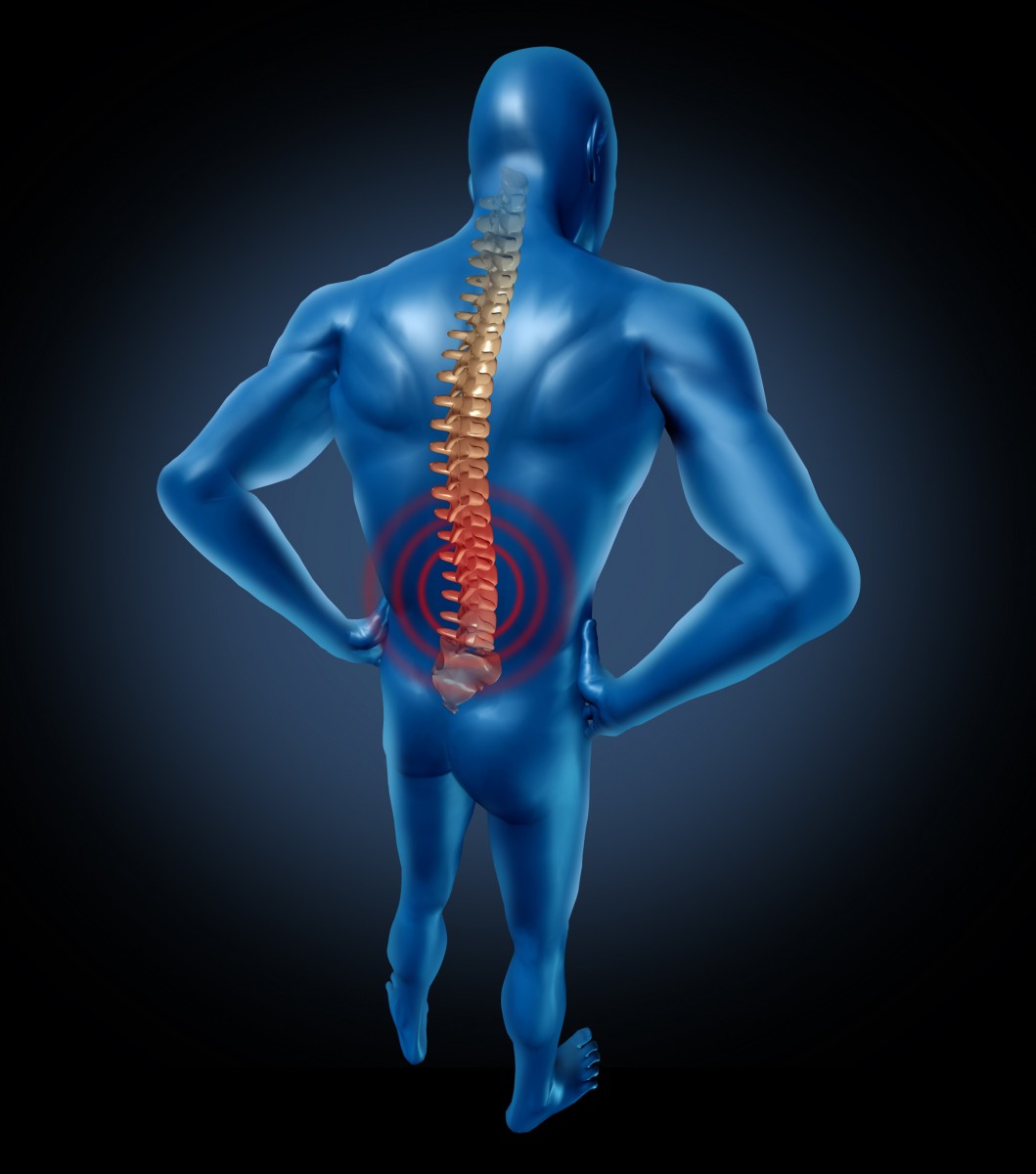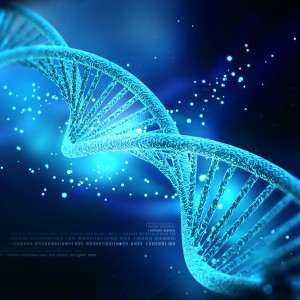SMA May Be Caused by a Novel Gene Mutation, According to Case Study
Written by |

Specific gene mutations can help shed light on the possible causes of diseases such as spinal muscular atrophy (SMA). Several genes have already been associated with the disorder.
SMA is a genetically-determined neuromuscular disorder characterized by loss of specific spinal cord neurons, which causes weakness of the limbs and muscle degeneration. This leads to loss of voluntary muscle movement. The age of SMA onset, symptoms and rate of progression varies — the younger the onset, the more severe the symptoms. SMA is classified into types 1 through 4 to account for the variability in symptoms and onset age.
 Several types of SMA exist, and each may be associated with different gene mutations. SMA is most commonly caused by a mutation of the SMN1 gene on chromosome 5. When the SMN1 gene is mutated, this leads to a deficit of a motor neuron protein called SMN, which stands for survival of motor neuron. This protein is critical for motor neurons to function.
Several types of SMA exist, and each may be associated with different gene mutations. SMA is most commonly caused by a mutation of the SMN1 gene on chromosome 5. When the SMN1 gene is mutated, this leads to a deficit of a motor neuron protein called SMN, which stands for survival of motor neuron. This protein is critical for motor neurons to function.
In other more rare instances, an X-chromosome gene mutation called UBE1 causes X-linked SMA. This gene codes for a protein called ubiquitin-activating enzyme 1, which plays a role in cellular destruction. Another rare form of SMA, called SMA-LED id caused by mutations in the cytoplasmic dynein 1 heavy chain 1 (DYNC1H1) gene on chromosome 14.
A recent case study of one individual may associate yet another gene mutation to SMA. Mutations of the lamin A/C gene have been associated with several diseases known as laminopathies. Only one prior report has previously published a case of SMA and cardiomyopathy with lamin A/C gene mutations. The study was published in BMC Neurology.
According to the researchers of the current case report, “The concept that lamin A/C gene mutations cause spinal muscular atrophy has not been established.”
Led by Naotoshi Iwahara, scientists at Sapporo Medical University in Japan described a case presentation of a 65 year old man with symptoms of SMA, including muscle weakness, accompanied by heart problems. He had difficulty walking since childhood, and some of his family members also had these muscular symptoms, as well as heart problems. A neurological examination revealed symptoms of spinal muscular atrophy type 3. The researchers performed a gene analysis a found a mutation in the lamin A/C gene.
The study suggests yet another gene that may be associated with SMA, although naturally a larger study including more subjects is greatly needed to validate these findings. Understanding additional genes that cause SMA may direct future treatments, including gene therapies as well as targeted medications.



